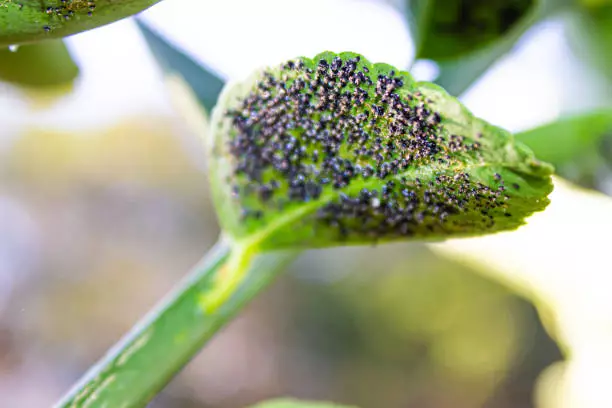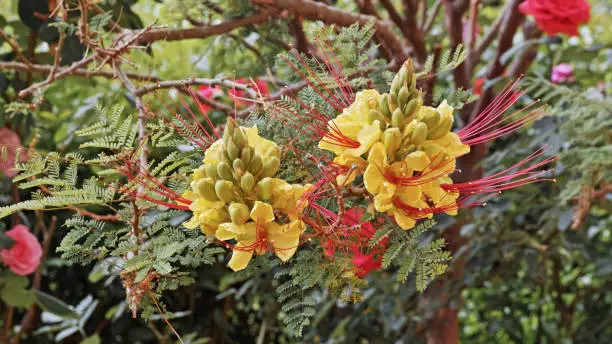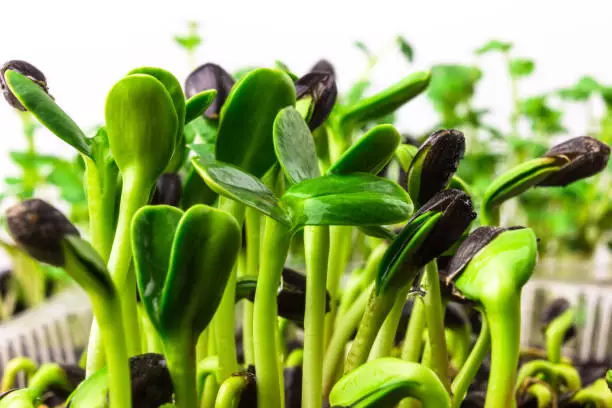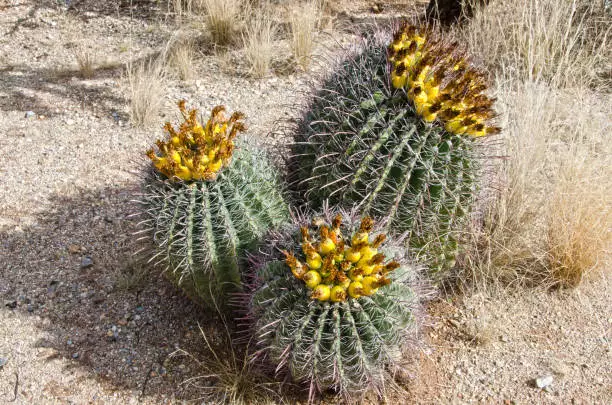Found an adorable little rabbit in your garden eating your plants away?
These bunnies may score you fluffiness and “awww” points, but for dedicated gardeners and their homegrown gardens, these balls of cotton are an absolute menace!
What are plant-eating rabbits?
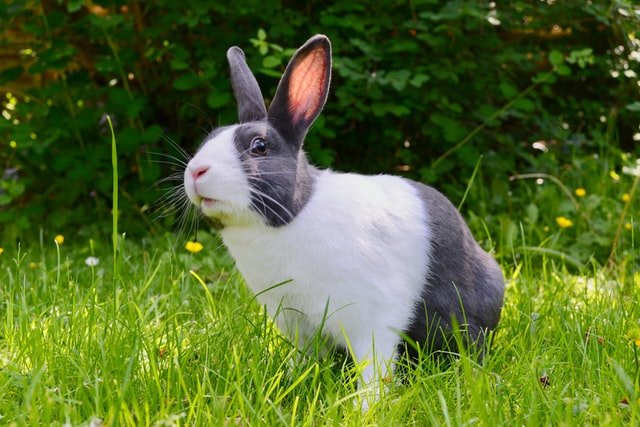
These lovable-looking herbivores are the worst enemies for your homemade garden. Not only do they love eating crops including leaves, trees, or shrubs found, they could even chew up your household items, leaving your shoes, electrical wires, and furniture at risk.
Signs of rabbits in your garden
Not sure if its rabbit’s eating up your garden or if it is other pests?
Remember that rabbits are tiny mammals therefore the best chances of you seeing their damages are in your ground plants and newly-sprouting baby crops. They prefer to chew on younger plants since their stems and leaves are easy to munch on.
Rabbits are timid and easy-to-scare creatures. They prefer to stay and eat in quiet and hidden locations. With this said, you are more likely to find them in little nooks and crannies and the edges of your garden rather than areas that are right out in the open. This includes areas with tall grass, compressed bush piles, and plants with big leaves.
Duck down and look deeply! See if the signs are consistent with these damages:
- Small, clean-cut, nibbled leaves especially found in your young plants and newly-sprouting crops;
- Chewed up stems and tree barks found at ground level or on the floor (easy for them to reach areas)
- Tiny, pea-like, bunny droppings (also known as rabbit waste) often left after they are finished eating, scattered around your garden
Rabbit’s favorite plants to eat
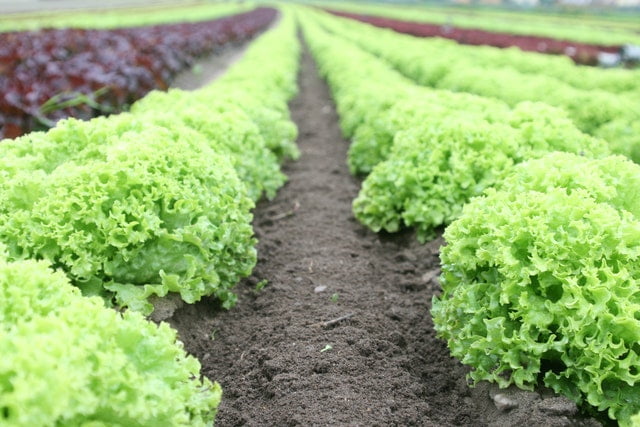
Rabbits adore both vegetables and flowers. Maybe your garden contains a few of these crops?
- Lettuce
- Carrots
- Peas
- Cucumber
- Beans
- Tulips
- Sunflowers
- Petunias
- Clovers
- Woodchucks
Remember though that rabbits like to eat younger, newly-sprouting plants and so if your plants have passed the seedlings phase and are approaching the adult phase, they won’t seem as appealing to them.
How to repel them
In the case of these voracious plant-eating rabbits, prevention remains to be the best solution.
There exist multiple ways one can repel them from your garden. Most of these methods require you to purchase new and expensive equipment that you probably do not nor are willing to have the budget for.
Why go to the store when you could go to your kitchen and garage instead?
Here are three simple and effective ways to repel them and protect your garden. Harm-free, of course! Who would ever want to hurt these bunnies?
1. Use vinegar
Rabbits have a great sense of smell. Their nose is very sensitive and should generally not be touched. An effective way to repel rabbits is vinegar.
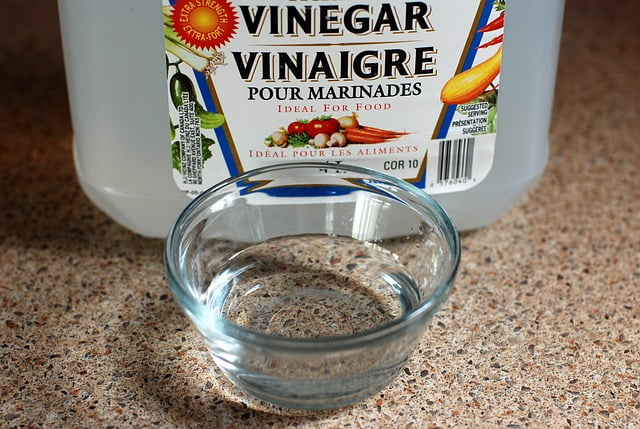
Vinegar is great for keeping rabbits away. One highlighting feature of vinegar is its sour-like smell. Similar to how humans may find it smelling pungent, this is multiplied when the rabbits smell it. Chemicals poisonous to rabbits are present in vinegar. Scientifically speaking, this chemical is called ‘phenol carbolic acid’ and it can be found in most vinegar found in our kitchen.
Didn’t we say this method was harm-free though? Would the chemicals kill the rabbit?
Not to worry since most rabbits will experience no symptoms with these chemicals. Vinegar is known to be one of the safest cleaning products due to its low percentage of acid. It’s harmless as long as you use small amounts of it.
Simply dilute the vinegar with water and place it in a jar or plastic container with holes on the top. A one-to-three ratio of vinegar and water should do the trick. Place this vinegar-water mixture in the areas surrounding your plants, especially in little crevices rabbits are prone to hiding it.
Keep in that mind that vinegar contains chemicals and can wither your plants. Use small amounts and never directly place them on your plants. The next time a rabbit comes to chew on your plants, they would be greeted with a strong fragrant scent. Haha, little rabbits! Try again next time.
2. Don’t like vinegar? Try cinnamon instead!
Aside from vinegar, cinnamon can keep rabbits away too!
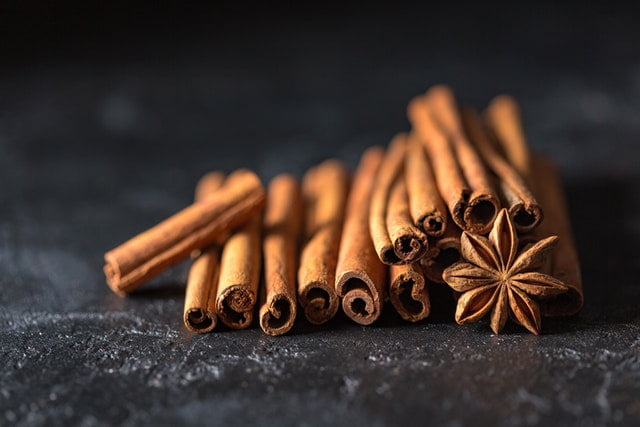
Its properties are similar to vinegar, wherein its strong scent discourages rabbits and other rodents from chewing on your garden. Cinnamon is a spice and spices are not compatible with rabbits’ stomachs or noses. Spices similar to cinnamon, like crushed red peppers, will work wonders too. An advantage of cinnamon is that it smells way better than vinegar!
A simple way to use this product is by leaving them in areas that are prone to rabbits. As previously mentioned, this includes little crevices frequented by rabbits to hide in and low ground areas with a lot of newborn sprouts. Its strong smell will discourage the rabbits from getting near those areas again.
But wait, what if they eat the cinnamon instead?
Although this is highly unlikely since they avoid such a strong smell, if they consume only a little amount, it usually would not affect them. To make sure that it won’t harm them, it’s good to secure the cinnamon with a plastic container with a lot of holes so that its smell will still seep through.
3. Plant cages to protect from rabbits
Don’t have any of these materials and want a quick fix? Why not try a simple cage around your plants instead? This time, with a twist! Add plants to your cages to protect them from rabbits!
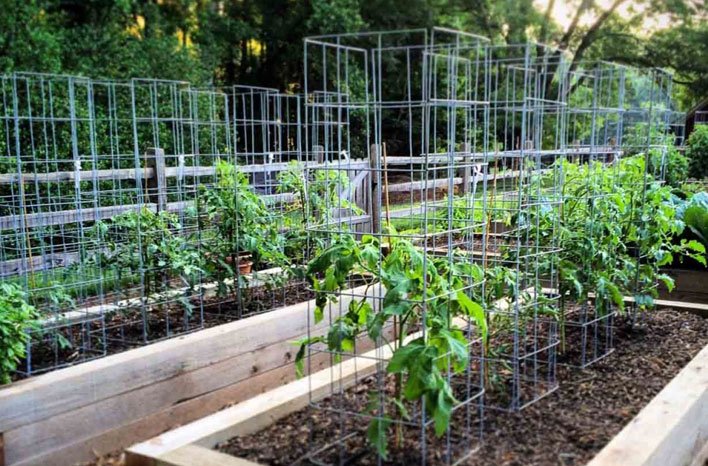
Using wire, or any materials available, make a cage around your plants to avoid rabbits from chewing on them! Although it requires more manual labor, at least you’re sure they can’t get near your plants.
Previously, we talked about plants they love to eat, now why not list a few plants they hate?
To prevent your garden from being a rabbit’s next food source, here is a list of a few of these plants:
- Onions
- Mint
- Marigolds
- Garlic
- Strawflower
- Lantana
- Snapdragon
- Geraniums
- Lavenders
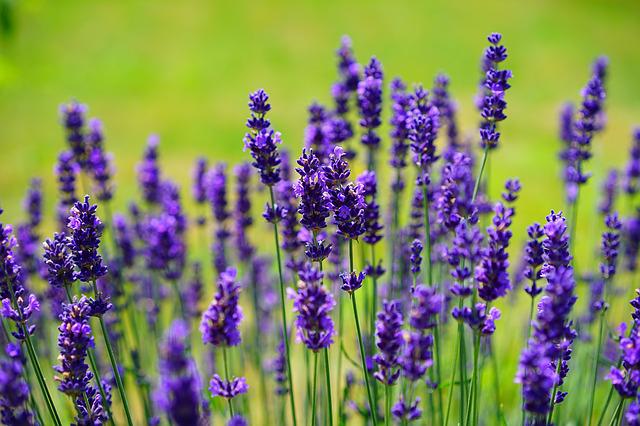
Planting these crops near your cages and wrapping them around the fences will surely keep the rabbits away this time!
The cages do not need to be tall since rabbits are little mammals. Pay more attention to securing the fences to the ground to avoid rabbits from crawling underneath them, or the cage falling and ruining your plants. This cage does not need to occupy the entirety of your garden. It can be placed in plants targeted by rabbits. Likewise how it does not need to be permanent.
Check this video for a tutorial on how to make a cage for your plant:
Summary
- Rabbits like to eat newborn plants located on the ground since they are easy to reach and chew.
- Rabbits are timid creatures and can be seen frequenting areas that have hiding potential.
- Signs of a rabbit present in your garden are its clean-cut bites on your plants and rabbit droppings (rabbit waste).
- Rabbits have a strong sense of smell and hate the pungent smell found in vinegar and cinnamon.
- Three effective ways to repel them are through vinegar, cinnamon, and plant cages
